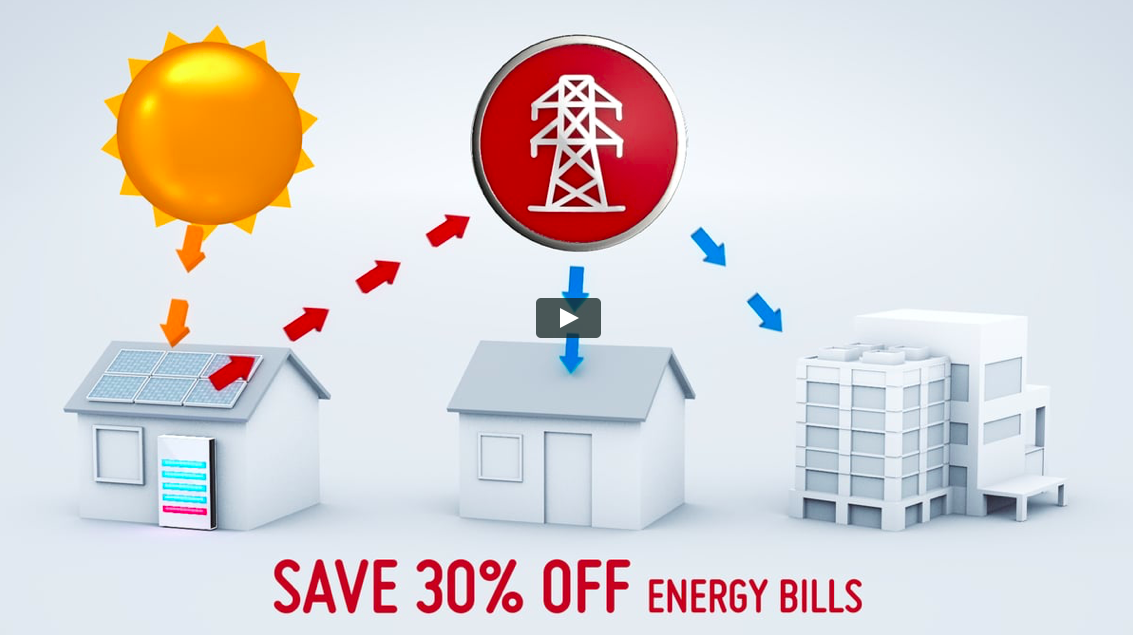The U.K. renewables industry body has hailed the decision to consider including solar and wind power in the nation's capacity market as a step in the right direction for an energy system which until now has disregarded value for money and environmental benefits.
“Solar power is the fastest growing energy technology in the world, and works exceptionally well even in the U.K.’s northern location and climate,” said James Court, Head of Policy and External Affairs at the Renewable Energy Association. “With rapid developments in energy storage technology, solar is set to become an even more efficient source of energy – in the U.K. there is nothing to stop solar with storage providing significant amounts of … electricity supply, and [solar] should be an integral part of the capacity market in the future.
“The capacity market is insufficient as it currently only considers security of supply, completely ignoring decarbonization and value for money – this could be one step in the right direction as the ban on wind and solar could be lifted.”
The trade body was speaking out after it was announced the government will consult on whether to include solar and wind power generators in the capacity market, which ensures the lights stay on by guaranteeing payment for electricity generators to supply given amounts of energy at times of stress on the U.K. energy market. It was also announced yesterday that London-based Limejump‘s virtual power plant – which aggregates power from distributed generators – would be permitted by energy regulator Ofgem to enter the balancing mechanism market in the same way as traditional power stations.
‘Capacity market inclusion could help installers recover'
“This is great news for the renewable power and storage industries, and represents the future of a flexible grid that is capable of responding to the needs of the market by exploiting renewable assets to their full potential by procuring smaller scale generation units,” Mr Court told pv magazine.
The government has consulted industry stakeholders on issues such as what measures would be required of generators to cover the intermittent, ‘non-dispatchable' nature of renewable energy.
“Advancements in energy storage will represent a significant opportunity for balancing variable renewables such as solar PV, as combined solar and storage projects are already being delivered and this smooths out the power supplies onto the grid,” said Mr Court. “There is also an opportunity for secondary trading, leveling out generation variability, and helping the U.K. to improve management of supply shortages and severe weather events in the future.
Citing his organisation's latest annual report, Mr Court added: “There are now almost one million PV installations on buildings and in fields across the U.K., and solar module prices are forecast to continue to fall, with a further 30% reduction expected by 2020.
“Given the closure of the FITs scheme and barriers in the CfD [Contracts for Difference] scheme, inclusion in the capacity market could be just the boost the sector needs to bring down prices further, increase deployment and create jobs following the thousands of installers that have left the industry in recent years due to the withdrawal of support.”
This content is protected by copyright and may not be reused. If you want to cooperate with us and would like to reuse some of our content, please contact: editors@pv-magazine.com.




“Solar power is the fastest growing energy technology in the world …. ”
A true, but irrelevant statement in the context of the remainder of his quotation.
” …. and works exceptionally well even in the U.K.’s northern location and climate,” said James Court, Head of Policy and External Affairs at the Renewable Energy Association.”
If working at a piffling 2% load factor during the month when extra capacity is most likely to be required is considered ‘exceptionally well’, then that reflects on it’s proponent’s lack of knowledge.